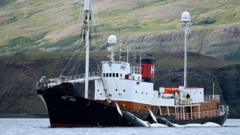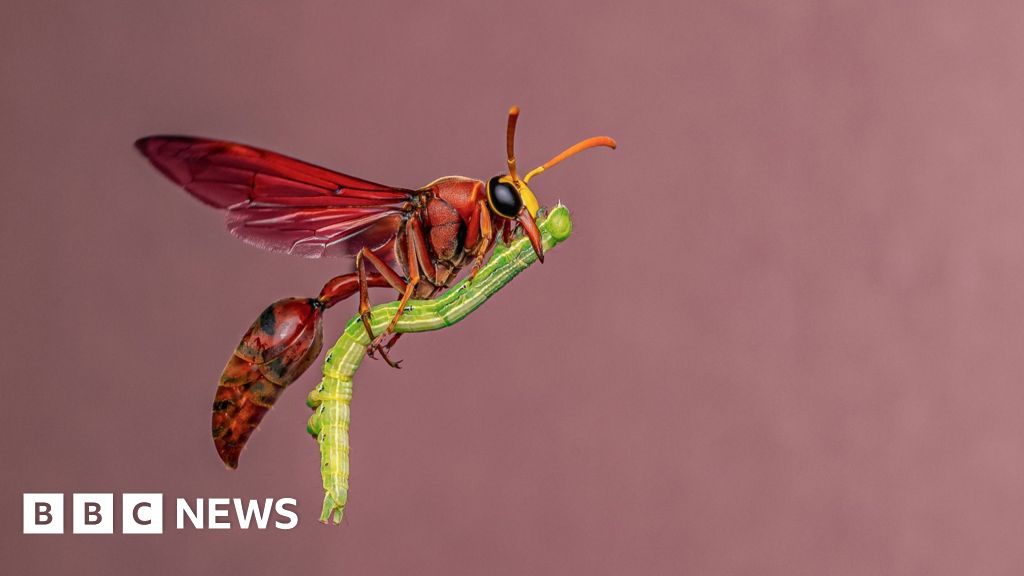In a provocative move, Iceland has granted whaling permits to two vessels, allowing for the annual catch of 209 fin whales and 217 minke whales during the designated whaling season from June to September. This decision comes despite ongoing concerns from animal rights advocates and environmental organizations regarding the humane treatment of these marine mammals. The government's outgoing conservative leadership asserts that the permits provide necessary stability to the whaling industry and are based on advice intended to promote sustainable practices.
Iceland, alongside Japan and Norway, stands as one of the last nations to allow whaling, a tradition that has come under fire in modern debates about animal welfare and environmental impacts. While only fin and minke species are sanctioned for hunting, other dolphin and whale populations remain protected under international conservation efforts.
This announcement follows a recent evaluation that temporarily suspended whaling earlier in the year, revealing that the explosive harpoons used in hunting were inflicting prolonged suffering on the animals. The Hvalur, Iceland's only remaining operational whaling ship, had been dependent on yearly license renewals until this new five-year plan was enacted.
The environmental advocacy group Iceland's Environment Association condemned the issuance of these new permits, stating that it contradicts efforts to protect climate, nature, and animal welfare. Sharon Livermore from the International Fund for Animal Welfare emphasized the flawed timing of this decision, which comes just after a shift in political power following snap elections, where the ruling Independence Party was replaced by the center-left Social Democratic Alliance.
Iceland's government maintains that the established whale catch limits were guided by recommendations from Norway’s Fisheries Agency, arguing that these measures adhere to sustainable practices and precautionary principles.
Iceland, alongside Japan and Norway, stands as one of the last nations to allow whaling, a tradition that has come under fire in modern debates about animal welfare and environmental impacts. While only fin and minke species are sanctioned for hunting, other dolphin and whale populations remain protected under international conservation efforts.
This announcement follows a recent evaluation that temporarily suspended whaling earlier in the year, revealing that the explosive harpoons used in hunting were inflicting prolonged suffering on the animals. The Hvalur, Iceland's only remaining operational whaling ship, had been dependent on yearly license renewals until this new five-year plan was enacted.
The environmental advocacy group Iceland's Environment Association condemned the issuance of these new permits, stating that it contradicts efforts to protect climate, nature, and animal welfare. Sharon Livermore from the International Fund for Animal Welfare emphasized the flawed timing of this decision, which comes just after a shift in political power following snap elections, where the ruling Independence Party was replaced by the center-left Social Democratic Alliance.
Iceland's government maintains that the established whale catch limits were guided by recommendations from Norway’s Fisheries Agency, arguing that these measures adhere to sustainable practices and precautionary principles.





















